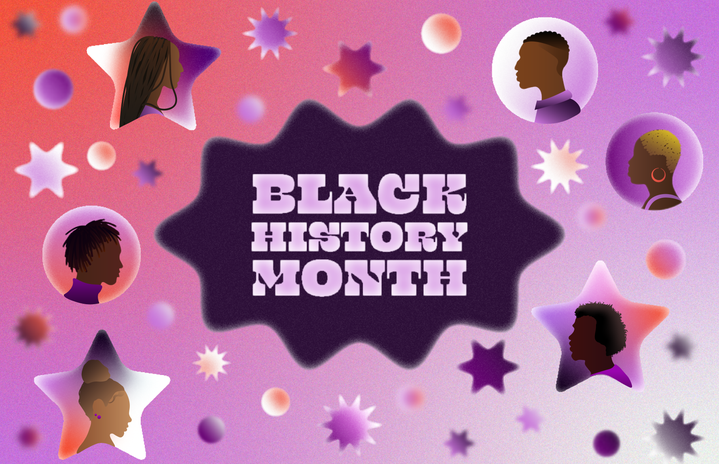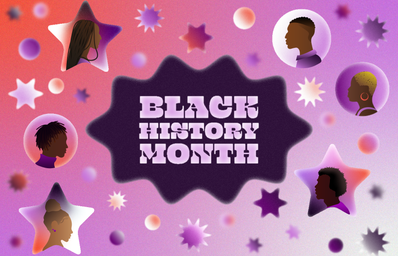As you begin to distinguish why African American History Month differs from the other 11 months of the year, you’ll notice that this is more than just a series of weeks that we acknowledge on our calendars. For Black people, it’s a celebration, a lesson, a commemoration, an overwhelming amount of gratitude, and a preservation of culture. This is the month where we can discuss identity at our colleges, with our peers, and in professional spaces without worrying about being stifled or misunderstood.
I’m here to remind you that there is always a way to cast a spotlight on Black heritage. Conversation around Black identity in America is shifting, evolving, and above all else, it’s influencing. The Black Lives Matter movement ignited an ongoing debate about what it means to be African American during these turbulent times. We were forced to watch as crimes of injustice from police brutality played out in front of our eyes. We proudly witnessed two terms with a Black president in the White House. And soon, we realized that it was easier for us to live out loud, settled in our culture rather than adjusting to make our identities more palatable. Now, more than ever, our culture is being recognized as a catalyst for fashion trends, internet culture, and political conversations — because it’s time to give credit where it’s due. While change is never linear (and rather more like a hopscotch), young African American women are challenging the stereotypical archetypes placed upon their shoulders. That’s why during the month of February, you’ll be seeing an additional bulk of content on Her Campus with African American voices and giving credit with our history in mind.
My personal experience straddling my identity as a Black woman and a Gen-Z student is one that a lot of other girls can relate to. In middle school, my white classmates made comments about my dark skin and wide nose, but my Black peers singled me out for trying to sound white. Was it because I used mainstream words and listened to Lady Gaga? No, it had to be because I had white friends. I rationalized how I was treated in elementary and middle school as a symptom of attending a predominantly white campus. But I feel as though I internalized everyone’s opinions of me. It made me question how each and every action I made would be perceived. I figured if I didn’t draw any attention to myself, then I would be safe from ridicule. But that wasn’t me. As I became older, my experiences with my peers became easier as I attended a historically Black university and joined a Black sorority. Though, I found that some of these problems were still occurring, just in new ways than before. Words like “preference” were being used as a way to disguise blatant colorism within my own community. I had to learn to accept expressions like “mixed girls only” on social media and navigate a mindset of division. In a community where I was supposed to be accepted — and even celebrated — I was mocked for something I had no control over. At 23, there are still some things that I struggle with, like how to make my unique curly hair more presentable in professional spaces, and how to expand my worldview when it comes to combined racial and social matters. And I still even struggle with how to navigate the microaggressions that are unexpectedly thrown at me. But I’m always proud to pay tribute to my unique culture and background. That’s why it’s so important for me to use a platform like Her Campus, to talk about the uncomfortable, so that maybe, someone else has an ally.
As an African American woman and culture editor in media, I want to stress the importance of not only African American History Month but the importance of recognizing our culture when you see it. Although this may be hard to understand, my culture has more to digest than just Black skin. It’s easy to use phrases like “Hot Girl Summer,” or to overwhelm your fingers with gaudy gold jewelry for the aethstetic, and never question where those things came from, and certainly never have to act as an ally. Preservation is important, and there is always room for education when it comes to other identities and experiences. I want to stress the importance of Black perspective in general, and take notice of how our culture has been impactful in your life this month.


